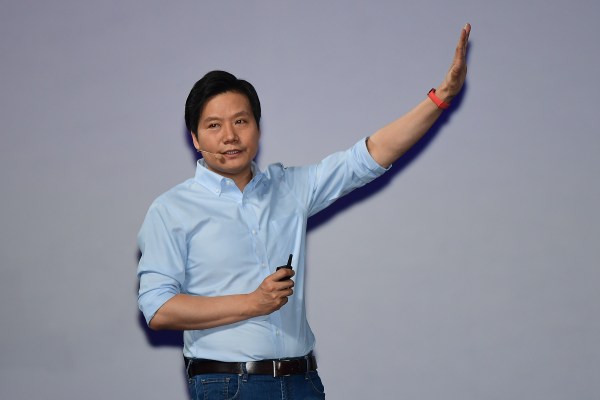After weeks of rumors, Xiaomi officially confirmed that it is making a foray into the electric vehicle space. The Chinese smartphone and IoT giant will set up a wholly-owned subsidiary to operate a smart EV business, the company said in a filing on Tuesday.
Xiaomi will inject an initial 10 billion yuan ($1.52 billion) into the venture with the total investment amount to reach $10 billion over the next ten years. Xiaomi founder and CEO Lei Jun will serve as the CEO of the new EV venture.
It’s unclear from the filing whether Xiaomi will sell cars under its own household brand and contract manufacturers to take care of production, as it has done for most of its hardware devices. The company has long billed itself as an “internet firm” with a light-asset business model. The goal is to generate a chunk of its profits by selling services powering a myriad of price-friendly hardware products it sells.
A representative from Xiaomi said the company has no further detail to provide beyond the filing.
Xiaomi is the latest Chinese tech company to enter the red-hot EV industry. Chinese search engine giant Baidu recently announced in January that it would be making EVs with the help of automaker Geely. In November, Alibaba and Chinese state-owned carmaker SAIC Motor said they had joined hands to produce electric cars. Ride-share leader Didi and EV maker BYD are also co-designing a model for ride-hailing.
The internet behemoths are competing with a raft of more specialized EV startups such as Xpeng, Nio and Li Auto, which have already debuted multiple models and are often compared to Tesla. They strive to differentiate from each other by investing in functions from in-car entertainment to autonomous driving.
For Xiaomi, the obvious advantage in making cars is its vast retail network and international brand recognition. Some of its smart devices, such as smart speakers and air purifiers, could be easily incorporated into its vehicles as selling points. The real challenge, of course, is in manufacturing. Compared to phone making, the automotive industry is more capital-intensive with a long and complex supply chain. We will see if Xiaomi will pull it off.
